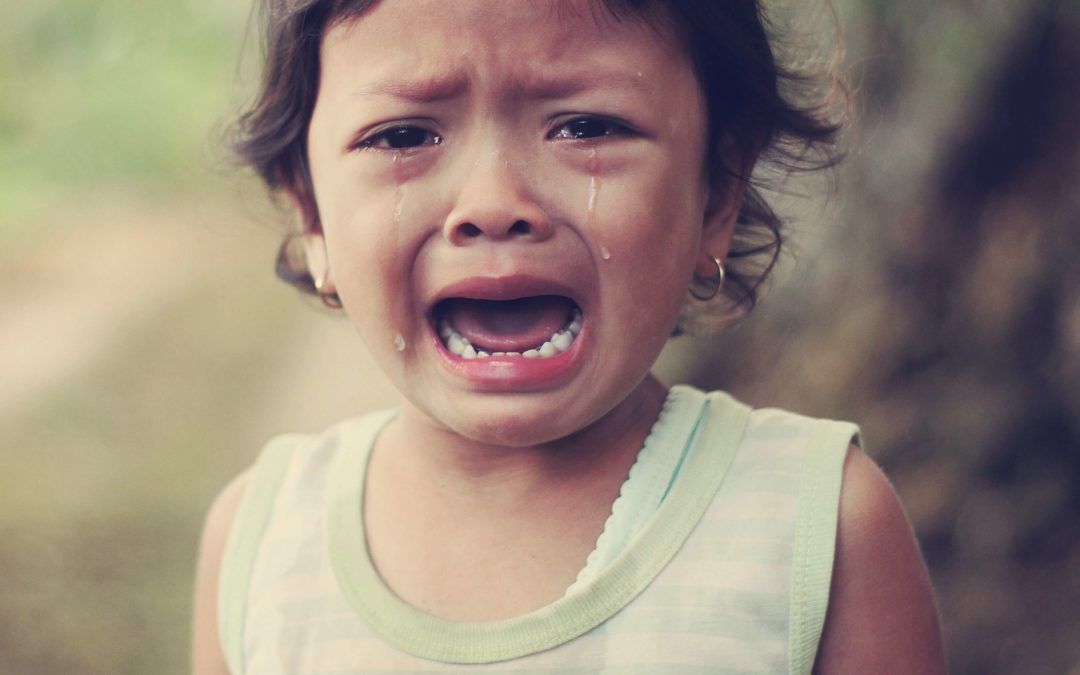If you have chosen for your child to go to nursery, it can feel like a big step for you and your family. Choosing somewhere which feels right for you and your child is a really important part of making the experience as positive as possible, so Dad Info has some top tips for helping you choose…

WHAT IS NURSERY?
Nursery can be a confusing term, as it can be used to refer to several types of setting.
What is most commonly meant, is a private day nursery, usually for children aged between three months to five years. As the aim is to provide childcare, and are frequently necessary for working parents, they tend to be open all year around (excluding bank holidays), with opening hours from 8am to 6pm.
They are therefore different to pre-schools (which are sometimes called nursery school, just to be a bit confusing!) which tend to only open during term time, and take children from 3-5 years (although some do take from age 2 years). Some pre-schools only offer morning or afternoon places, not both.
There are some other variations which may also be available to you, including a workplace nursery or a local community nursery, and the criteria or availability of these will be individual.
How do I find what nurseries are in my area?
To find a list of nurseries in your area visit the direct.gov nursery finder or try Childcare.co.uk.
You can ask other local parents for their recommendations too, but do bear in mind that different families and their children have very different needs and wishes, so just because one person likes/dislikes somewhere, doesn’t necessarily mean it will also automatically be the case for you – use recommendations as a starting point to narrow down your choices, and then still research more about those for yourself.
All childcare centres and nurseries are checked out by the Government agencies: Ofsted (in England), Estyn (in Wales), Education Scotland and the Care Inspectorate (in Scotland) or your local Health and Social Services Trust (in Northern Ireland) – so you can also go online to read their reports and find out more about them.
How do I narrow it down?
There is no short cut here, as simply the best way to work out if somewhere going to be right for your family, is to see it in action and meet the people who will be looking after your child every day. Ideally, you will also visit a couple of places, to help you gain a sense of what is on offer, how they can differ and what is most important to you.
Arrange to pop in and see the nursery, during the day when it is in action as normal, so you can see what it is really like, rather than at a staged Open Event when everything is set up and you don’t get to see how the children really experience the everyday life there.
There are some basic and practical questions which you can use to help you do an initial narrow down, these include
- Can they accommodate your requirements in terms of days/times needed for childcare?
- How big/small a nursery do you want your child to attend?
- Is there a specific area you want them to attend nursery in?
- Do you want to choose a nursery which has specific links to a school?
- What are the opening/closing times?
- Do they offer ‘settling in’ time to help your child adjust to attending, and are you encouraged to be a part of this (if you wish to be?)
What kinds of things should I be looking for?
Listening to your gut instinct is the most important thing in making your decision, but there are also some specific things to look out for, or ask about, which will help you make a decision too.
These include:
- What are the building and facilities like? Is it clean and looks safe? If it is the middle of a nursery day, expecting it to be immaculately tidy is unrealistic (and you’ll want to see children playing with things, not adults constantly cleaning up after them!)
- How are the children acting? Do they seem busy with activities? Is there a happy hum of them getting on with things?
- Is there separate provision for babies and toddlers? Do they have age appropriate resources and activities for them?
- How supportive are the nursery of your parenting approach and choices? For example: using cloth nappies, being able to accommodate dietary requirements, nap times, etc?
- What kinds of toys and equipment do they have/are being used? Are there lots of opportunities for creative and messy play?
- How much time is spent outdoors? Is there a safe outside area? Is it easily accessible during the day, or are there ‘set times’ the children go outside?
- How do they manage behaviour?
- What about meals? Are they provided? Are they cooked fresh on site? Ask to see a menu to get an idea of what they are like. If you need to provide a packed lunch, are there any restrictions?
Staffing
Finding out more about the people who will be looking after your child is important. Talk to the staff at each nursery, watch them in action with the children there, and get a sense of if they feel a good fit.
Try and find out what staff turnover is like at the setting. Research shows that it is important for children to have consistency in their carer relationships, to help them build up trust, feel safe and not be stressed. While some staffing changes will be inevitable, constant changes might signal something for you to be more aware of when making your decision.
Check the ratios of staff to children, and the types of qualifications of those working there, as these can vary. Some settings may just have the basic requirements, while others may also have an Early Years Professional who has done additional training to support the development of the children.
Making this kind of decision is a big one, and in some cases, it might even be a decision which you have needed to make before your baby has even been born!
Take your time, and find somewhere which feels right, and if at any time it doesn’t, remember that you can change your decision, or look at other childcare choices open to you, which might work better – find out more at Childcare: what are the options?








